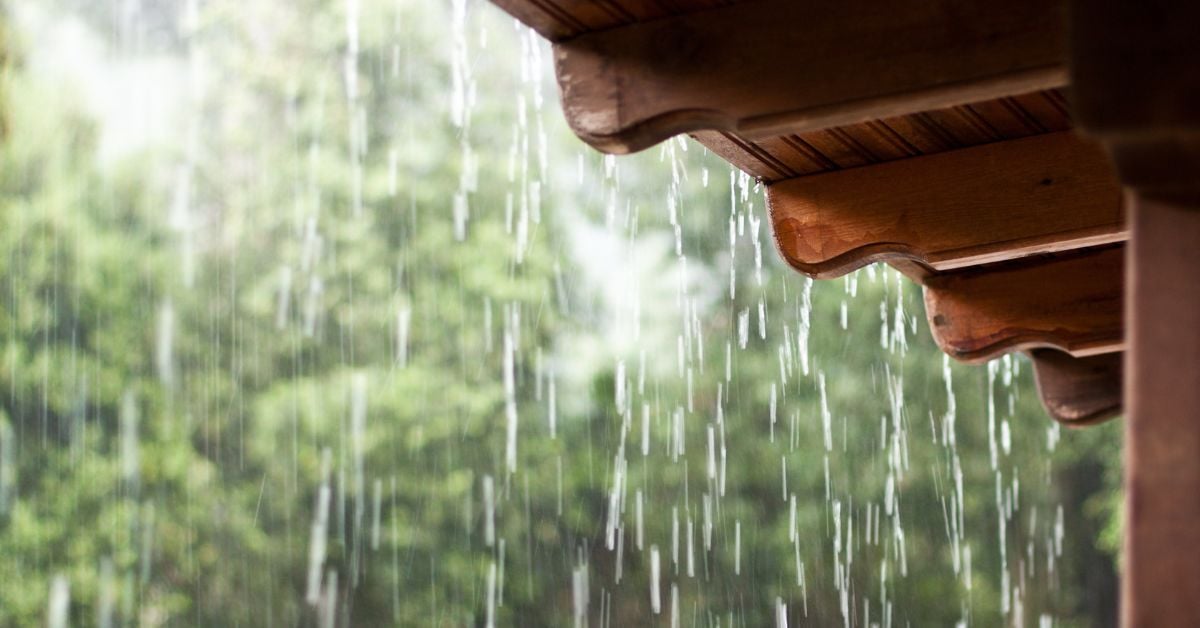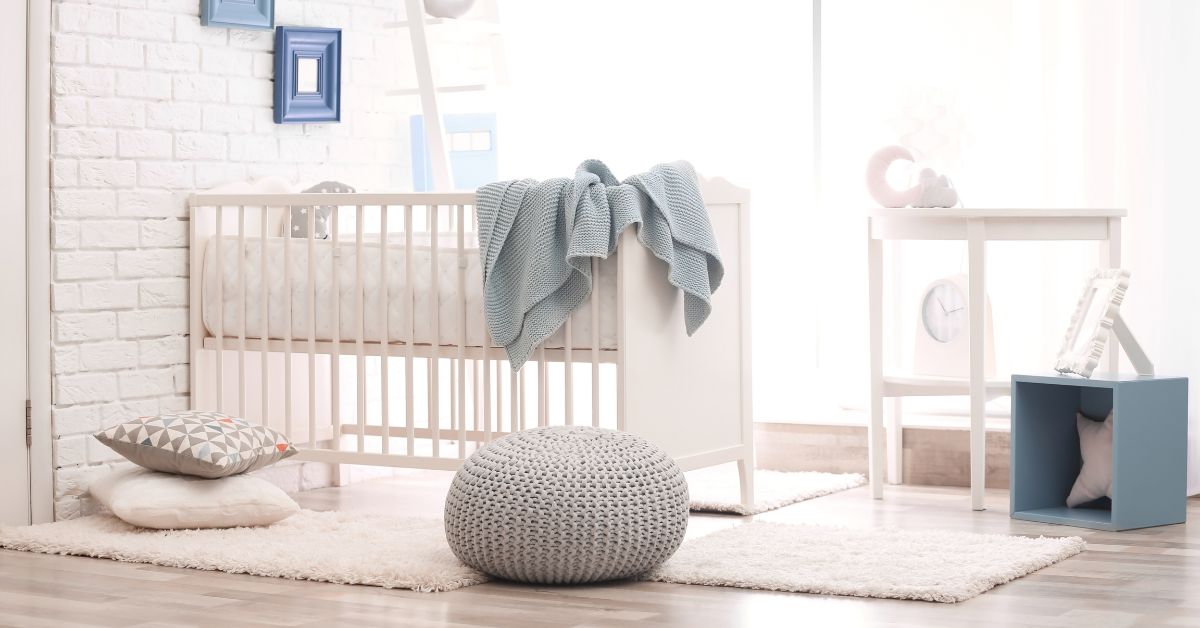Getting Your House Weather-Ready

Extreme weather events can happen at any time, and if you are not prepared it can cause significant damage to your home. Whether it's heavy rain, strong winds, or snowfall, extreme weather can put your home and your family at risk.
Recently we saw the impact that the deluge of rainfall across the upper North Island had on communities across Auckland and the Coromandel. While some extreme circumstances are hard to avoid, there are steps you can take to help you get through harsh weather.
Here are some tips for getting your house weather-ready and protecting it from the elements.
Inspect your roof
Your roof is the first line of defence against extreme weather, so it's important to keep it in good condition. Regular inspections can help you identify and fix any potential problems before they become major issues. Look for loose or missing tiles, cracks or holes, and other signs of wear and tear. If you find any problems, it’s best to get them repaired as soon as possible. Consider hiring a professional to perform an inspection if you're not comfortable doing it yourself.
In addition to inspecting the roof itself, it's also important to examine the chimney, vents, and skylights. These areas can be susceptible to leaks and damage, so it's important to keep them in good condition. If you find any cracks, holes, and any signs of wear and tear, have them repaired as needed.
Check your gutters and downpipes
Gutters and downpipes play a crucial role in protecting your home from water damage. Clogged gutters and downpipes can cause water to back up and damage your roof, walls, and foundation. Regularly cleaning your gutters and making sure they are securely attached can help prevent water damage. Downpipes should be extended away from the house to direct water away from the foundation.
Consider installing gutter guards or screens to prevent debris from clogging the gutters and causing blockages. If you have many trees near your home, you may also want to consider installing a gutter system with larger capacity to handle more water.
Trim trees and remove debris
Trees that are too close to your house can become hazards during extreme weather events. Strong winds can cause branches to fall and damage your roof or windows. Trim trees regularly to prevent this from happening. Also, make sure to remove any debris, such as leaves and sticks, that can accumulate around your home and cause water damage.
Inspect the trees on your property to see if any branches are dead or diseased, as these can easily break off and cause damage during a storm. If you have any concerns about the health of a tree, consider hiring a professional arborist to inspect it.
Install window protection
We often see news of tornadoes ripping their way through towns and destroying everything in their tracks in other parts of the world. While we don’t tend to regularly get conditions that extreme here, strong winds are prevalent in many parts of New Zealand.
If there’s a chance that harsh conditions, such as cyclones, can cause damage to your home, you may want to consider installing permanent protection to your windows and doors with security or cyclone shutters. These are designed to help keep your family and home safe during extreme weather. Make sure they are securely installed and free of any cracks or gaps that could allow water to enter.
Secure your property
It wouldn’t be an extreme weather event without a story of a trampoline that has flown away and landed on a road. You don’t want to be the owner of that trampoline, so before the strong winds arrive, take a moment to flip your trampoline over and/or firmly secure it so it can’t take off.
Anything else that could be blown away, including umbrellas, awnings and sails, are best to be removed and put inside. Secure any other outdoor furniture you have and stack it next to the house or against a wall to stop it from being blown around.
Protect your pipes
While there aren’t many places across New Zealand that get extreme cold, if you are in an area that drops below zero, protecting your pipes from freezing is important. When pipes freeze, they can burst, causing water damage in your home. Insulating pipes and keeping the temperature in your home above zero can help prevent freezing. If you will be away from your home for an extended period during a cold spell, consider draining your pipes to prevent them from freezing.
Stock up on emergency supplies
Having a stockpile of emergency supplies can be a lifesaver during extreme weather events. Stock up on essentials such as non-perishable food, water, torch, batteries, and a portable radio. A generator can also be a valuable tool if you lose power during a storm. Make sure you have the necessary fuel and know how to safely operate the generator.
In addition, it's important to have an emergency plan in place for you and your family. Make sure everyone knows what to do in case of an emergency, such as how to safely evacuate the home, where to meet, and who to contact.
Have insurance
Having insurance can help protect you financially in case of damage to your home during an extreme weather event. Make sure you have adequate coverage for your home and contents and review your policy regularly to make sure you're protected. Consider adding additional coverage for things like flooding or wind damage if you live in an area that's prone to these types of events.
Extreme weather events aren’t a regular feature across most of New Zealand, but when the high winds and heavy rain arrives you will want to be prepared. Taking the time to get your house weather-ready can help protect it from damage and keep your family safe. Regular inspections, proper maintenance, and preparing for emergencies are all important steps in protecting your home from the elements.
Don't wait until a storm is on the horizon to start preparing – start today to ensure your home is ready for whatever Mother Nature may bring.
Share


